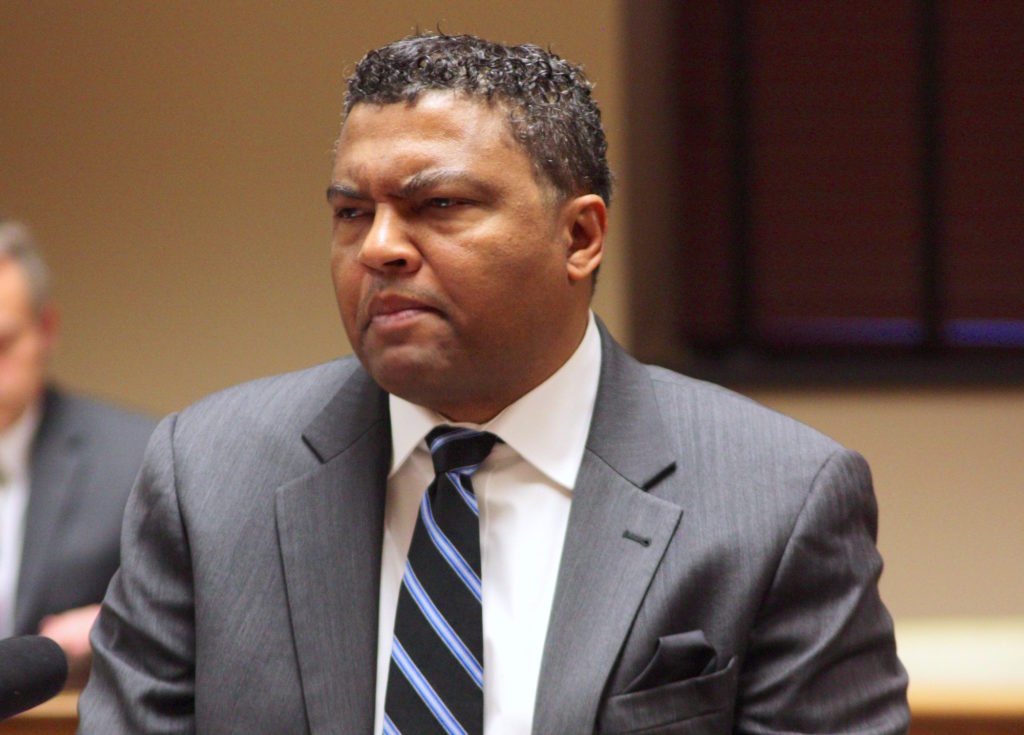
Metro Police is refusing to provide information to Nashville’s new Community Oversight Board. The group has submitted multiple public records requests — and they’ve all been denied, a lack of cooperation that could be a sign of a difficult path forward.
The Community Oversight Board relies on documents from the Metro Nashville Police Department to conduct investigations. The board has received 15 complaints so far and has launched three investigations. But up to this point, the department hasn’t turned over any information.
Members of the Community Oversight Board were caught off-guard when they learned at a meeting last week that investigators have been facing roadblocks. Board chair Ashlee Davis told executive director William Weeden that the community expects them to get the information they need to investigate complaints of police misconduct.
“They are coming to us assuming that when they file a [complaint] with your office, that you have all the tools in your arsenal to go forth and look for the necessary information,” she said. “That’s just not happening right now.”
Weeden promised to find out more, and the COB plans to hold an emergency meeting next week to their options.
Weeden told WPLN the COB is still trying to figure out how best to work with police. The group is in the process of drafting a memorandum of understanding, which will set ground rules for how the two agencies will work together. But it’s unclear how long negotiations could take or how many of the group’s demands will make it into the final agreement.
“We hope that we will receive cooperation from everyone,” he said. “We are both working towards a goal of having a cooperative relationship between both organizations. And I think part of that cooperative relationship is to have the necessary tools that we need to do our job, which, in turn, would help the department achieve their goal of having better community relationships.”
Weeden hopes to start negotiations with Metro Police in the next month or two, and he says he’s trying to remain optimistic. In the meantime, some board members want to ramp up pressure on police.
But Weeden says he’s also working to build trust with the department. And he says the reasons the records requests were denied vary.
An MNPD spokesperson confirmed the department withheld some records because they pertained to open criminal cases. A 2016 Tennessee Supreme Court ruling found that documents related to pending criminal investigations aren’t subject to the state’s Public Records Act, largely because of privacy concerns for victims.
Others records requests were delayed because they required police to track down too many documents.
“We’re definitely going to have to those sooner rather than later,” Weeden says. “And that’s something else that we’re going to have to work out and sit down and figure out a method of cooperation with the police department.”
Weeden says one faster possibility could be to get records through a system specifically for law enforcement, rather than filing requests as journalists and ordinary members of the public do.
But if police continue to withhold records, the board could turn directly to the Davidson County District Attorney’s Office or defense lawyers for documents. They could also ask the Metro Council to issue subpoenas on their behalf.
Samantha Max Report for America corps member.


